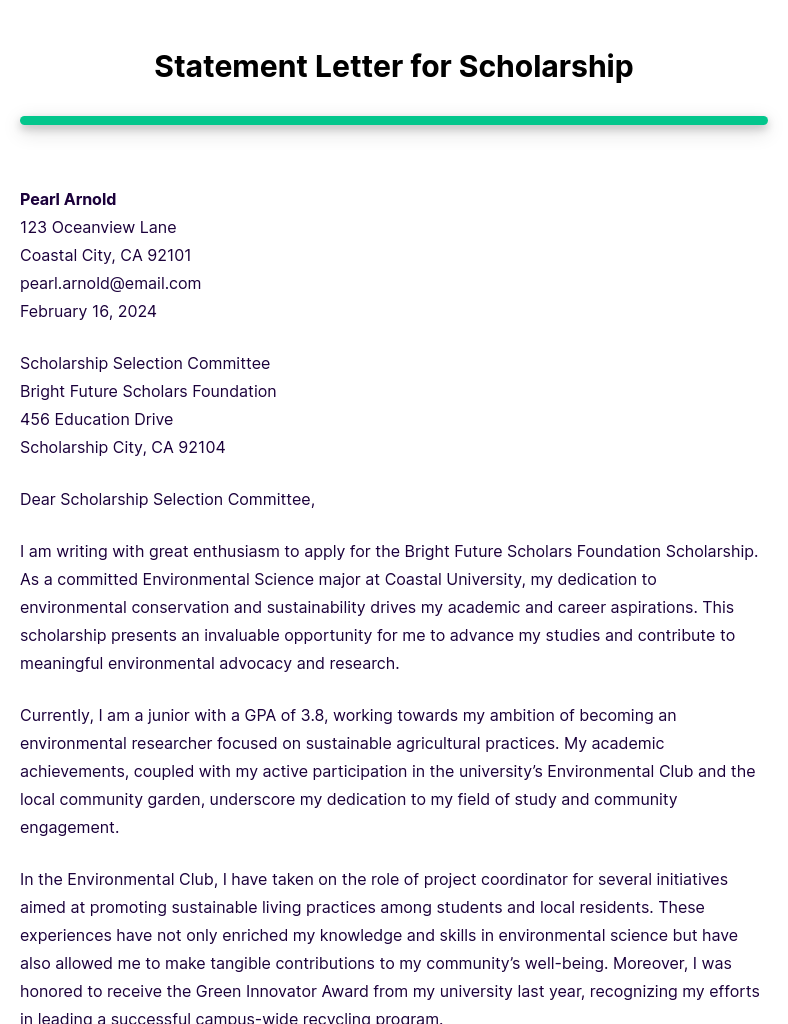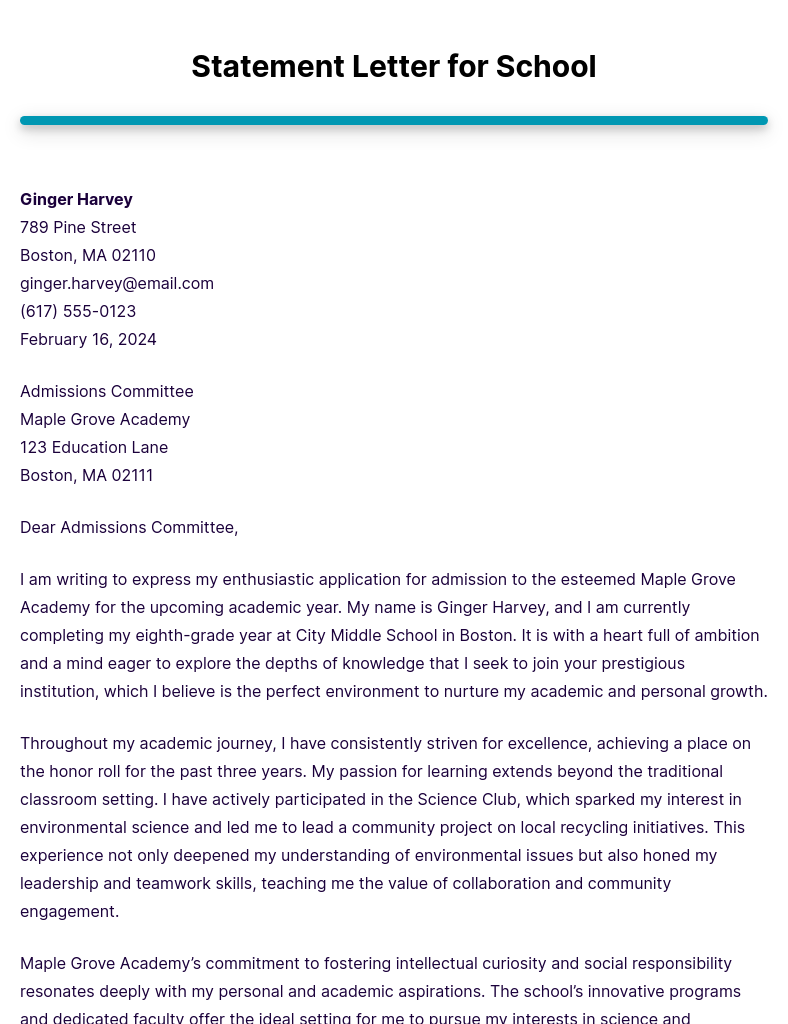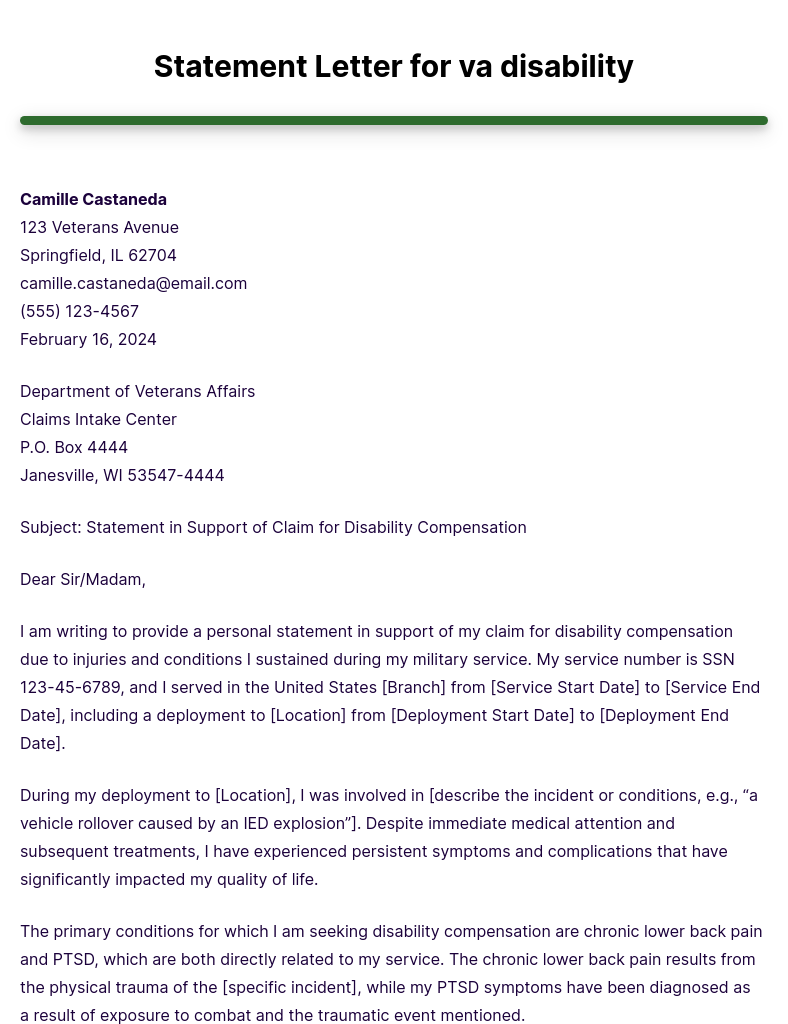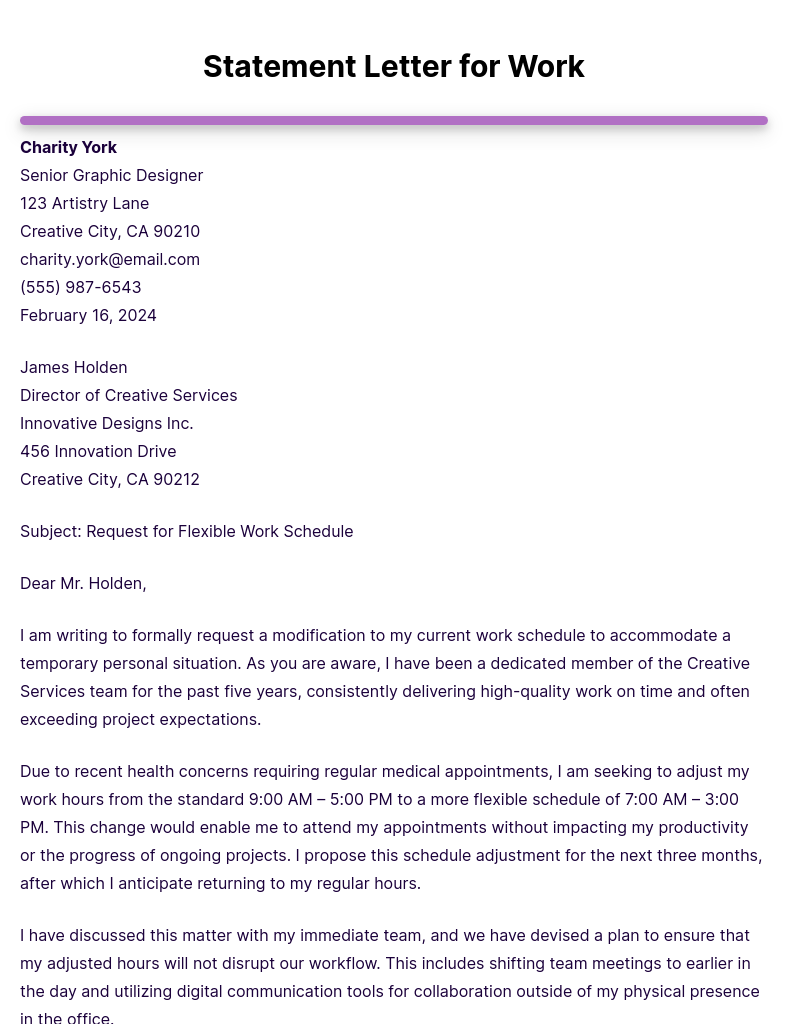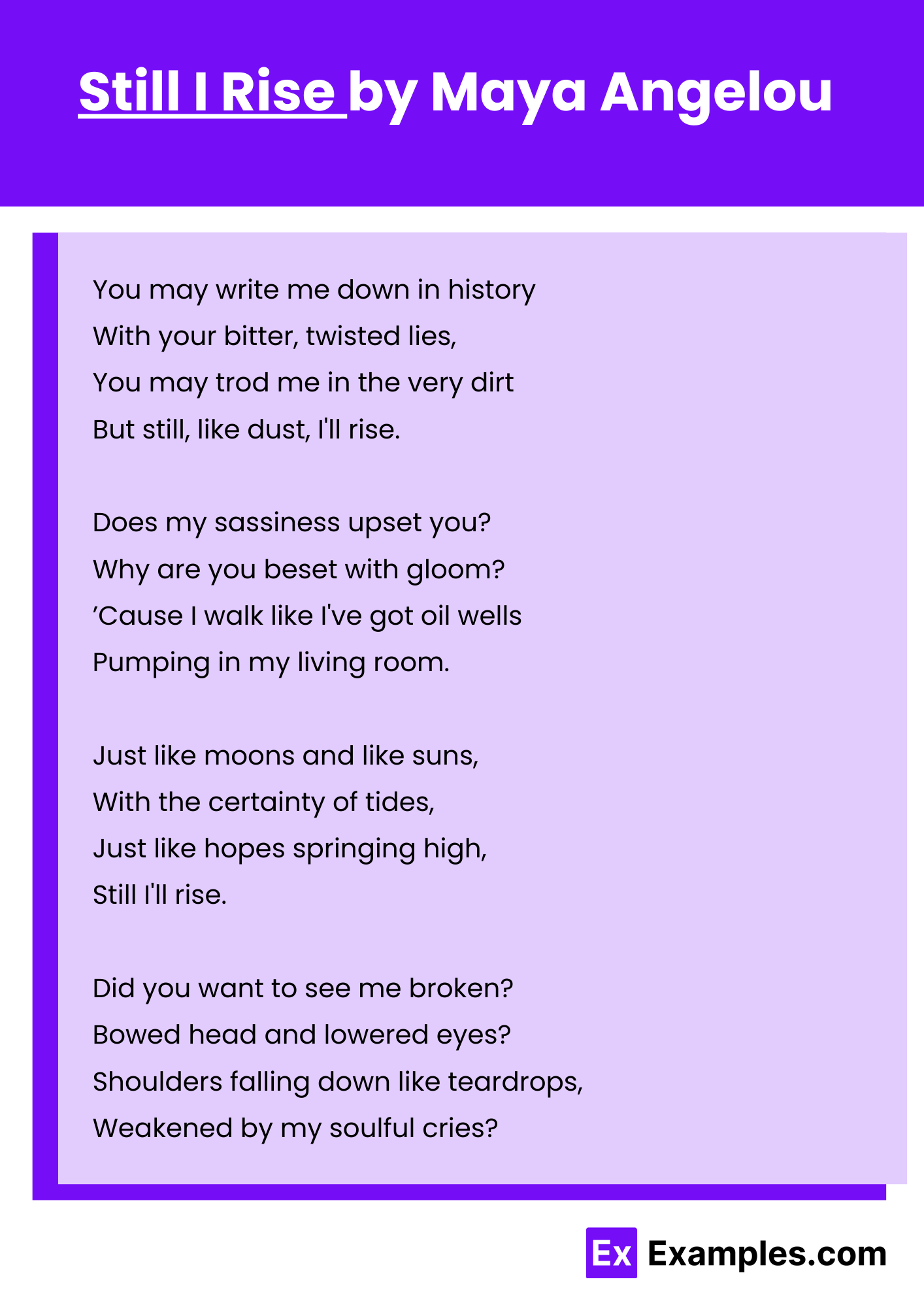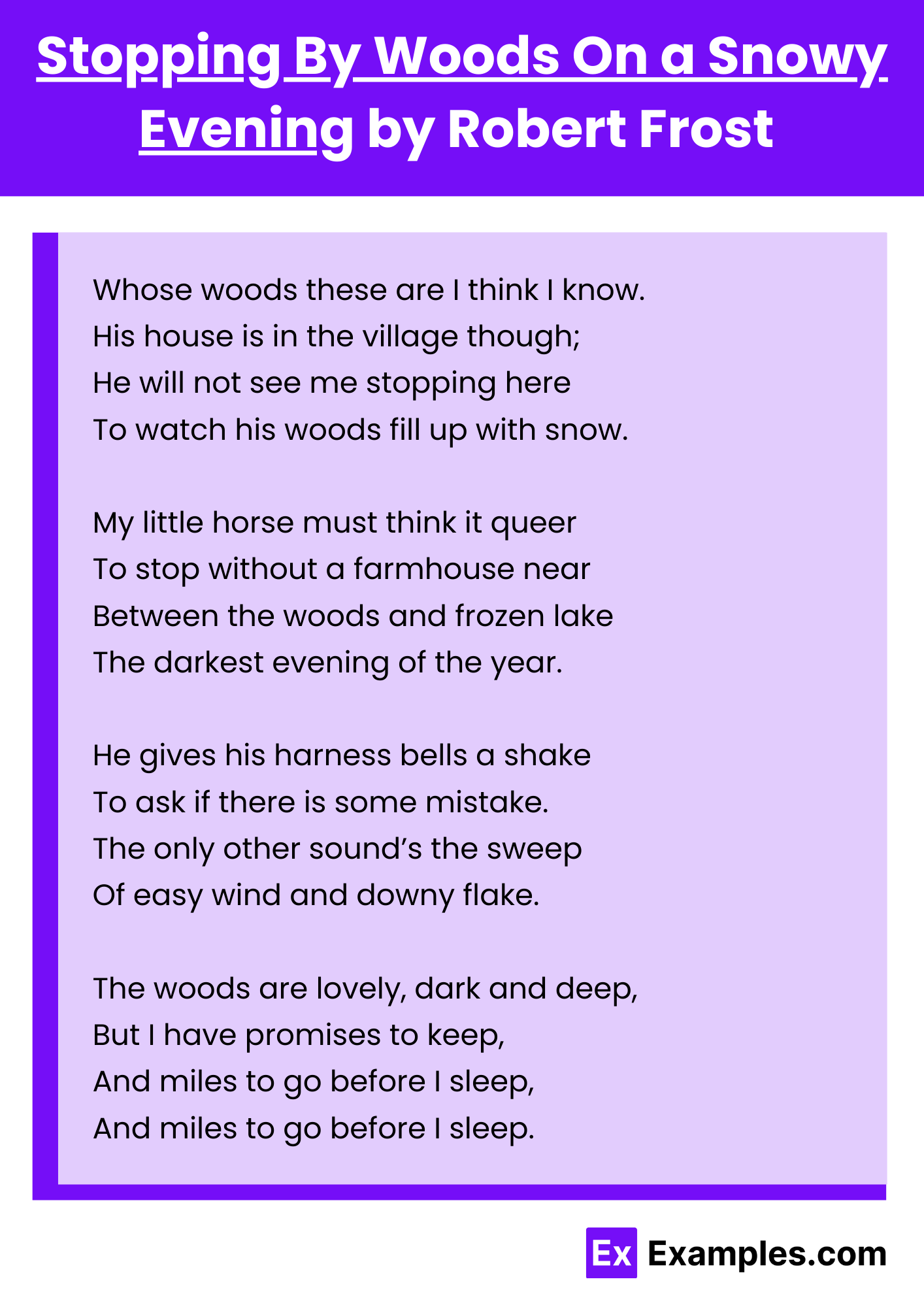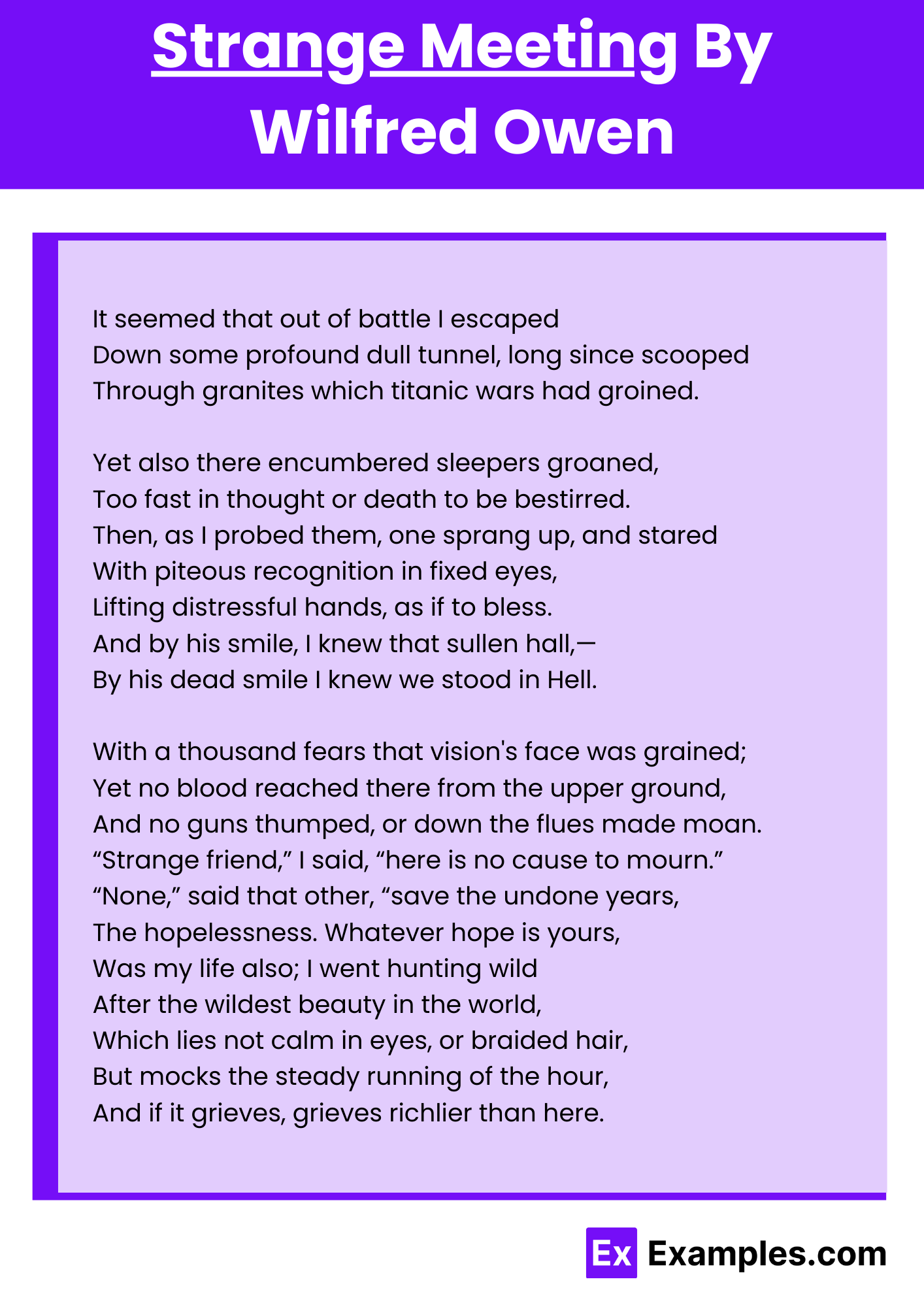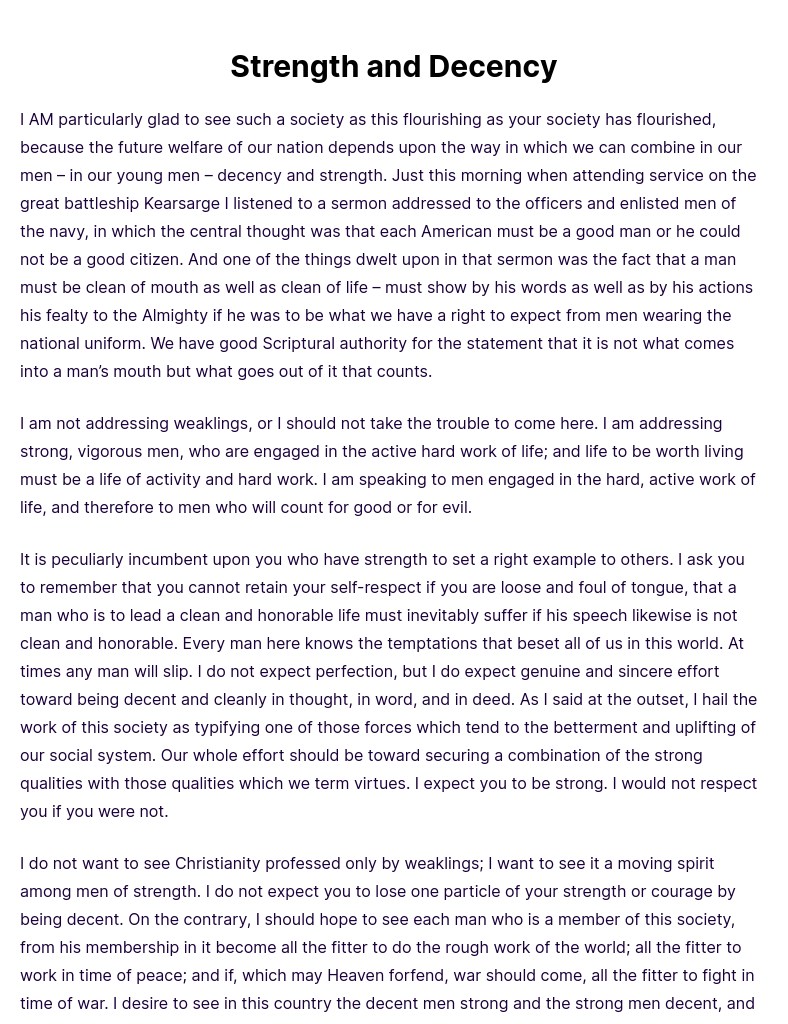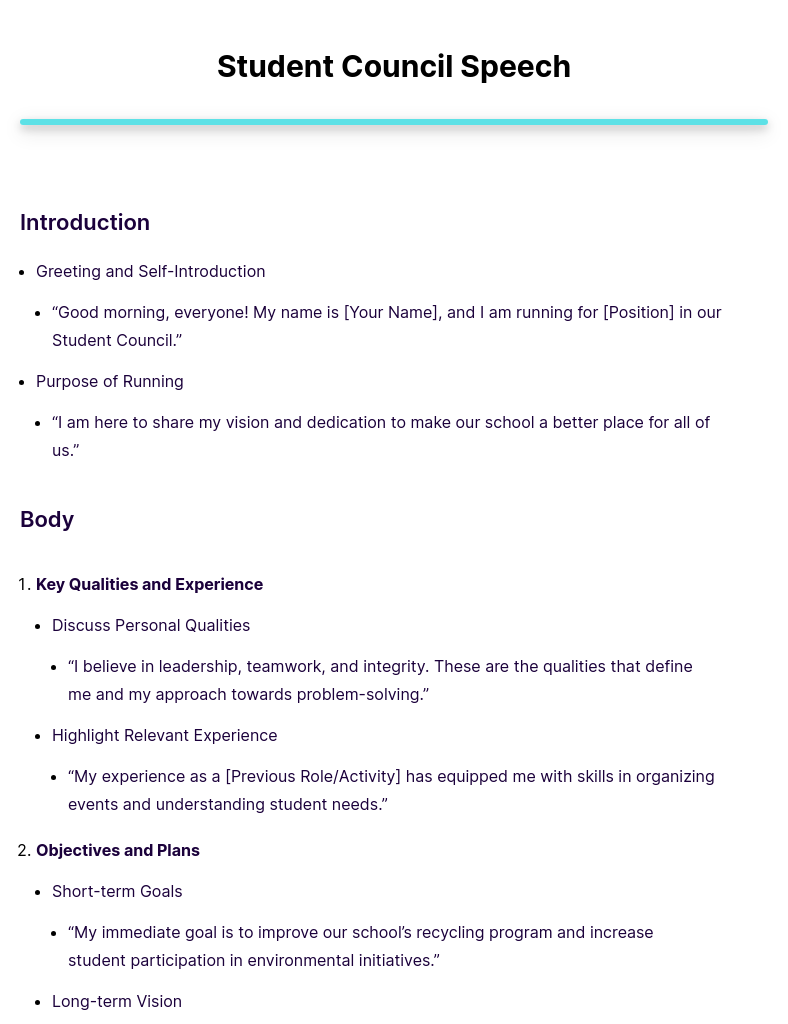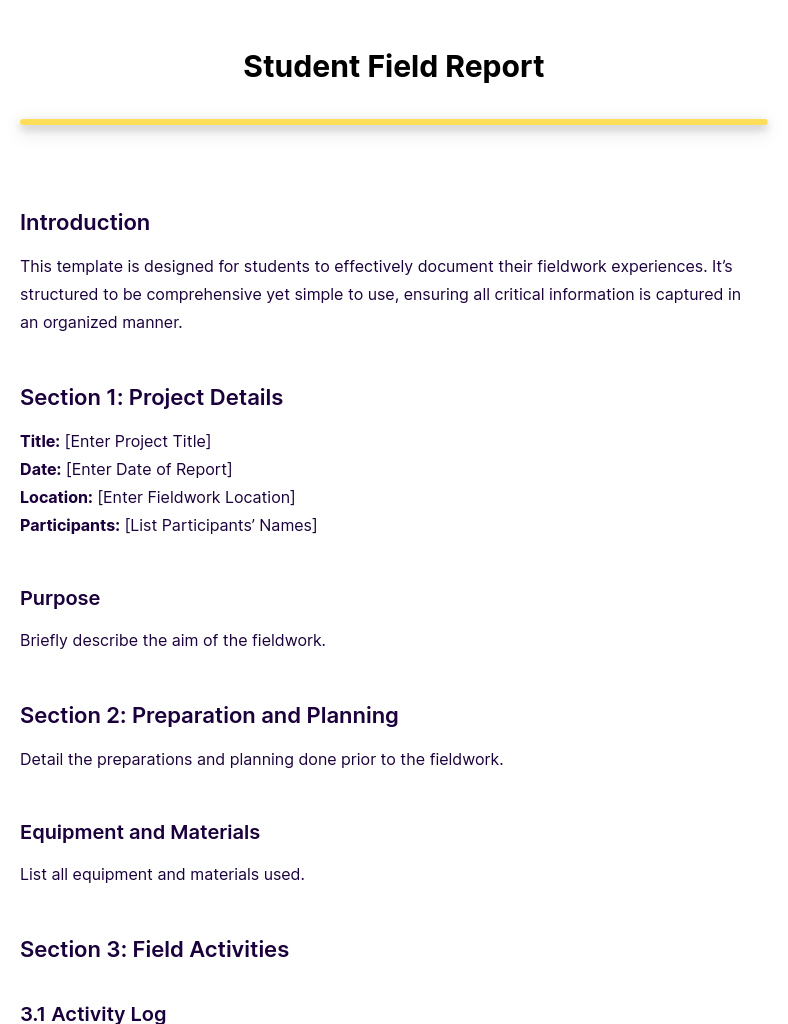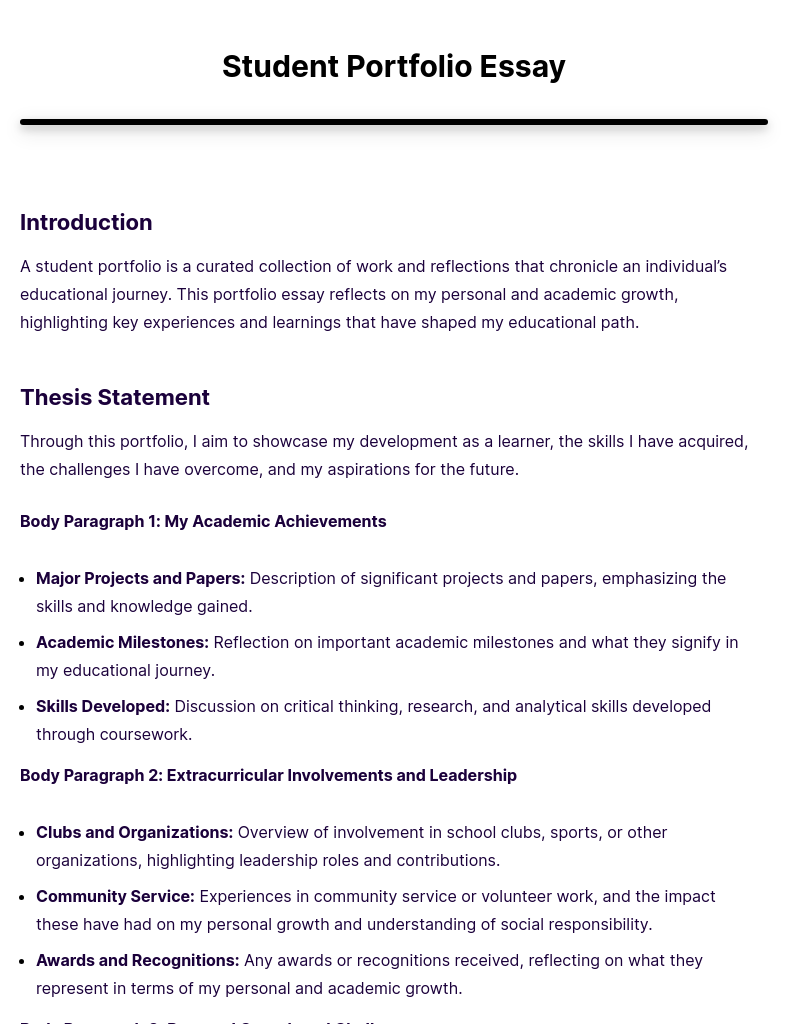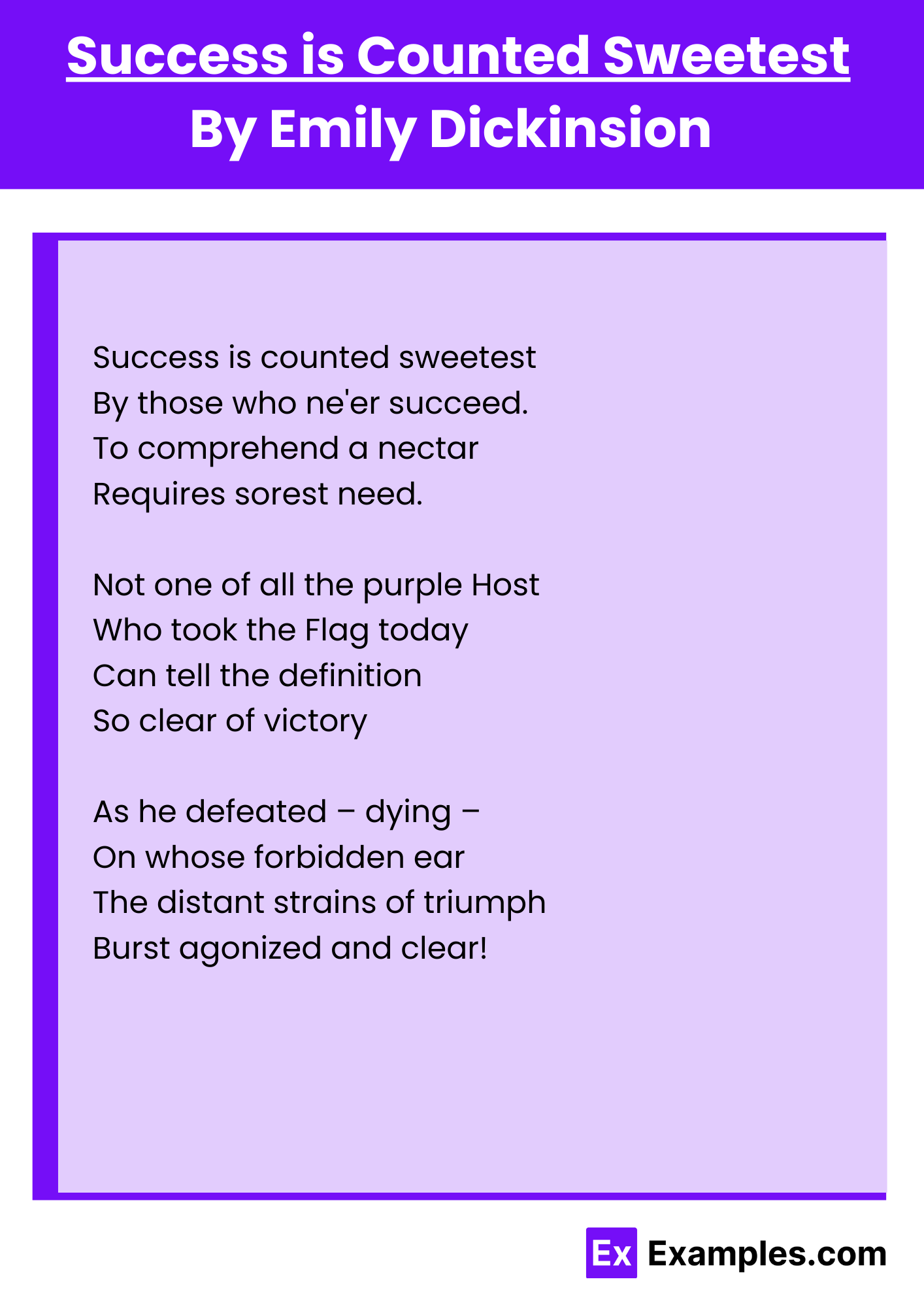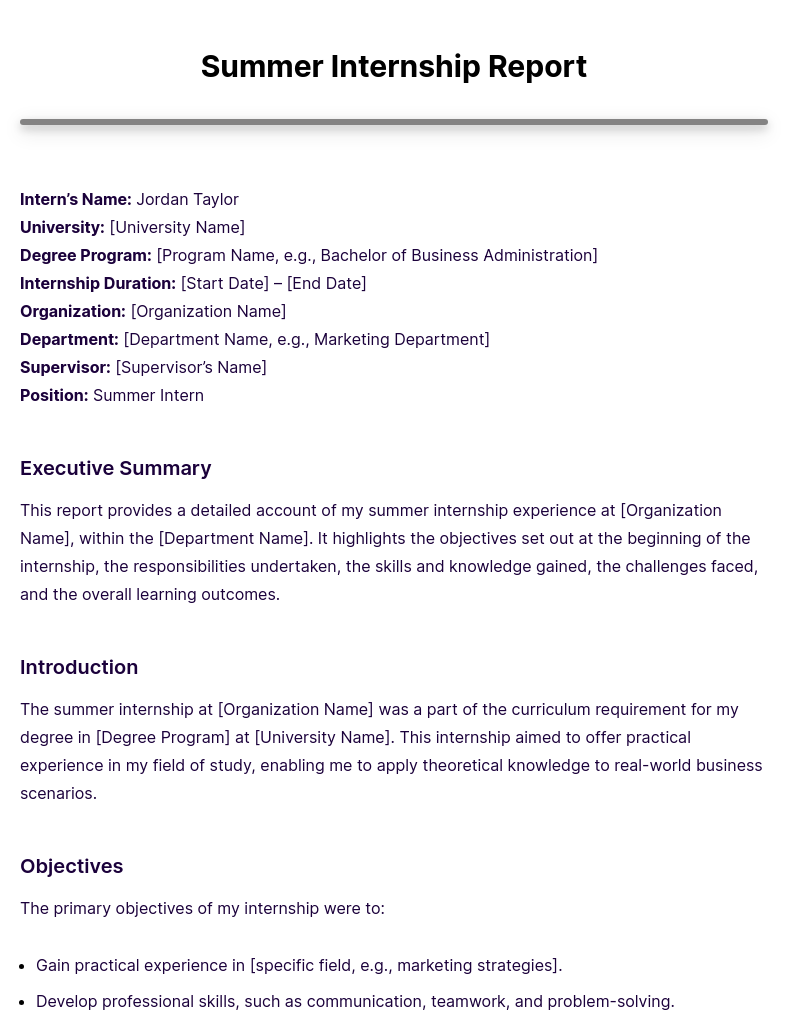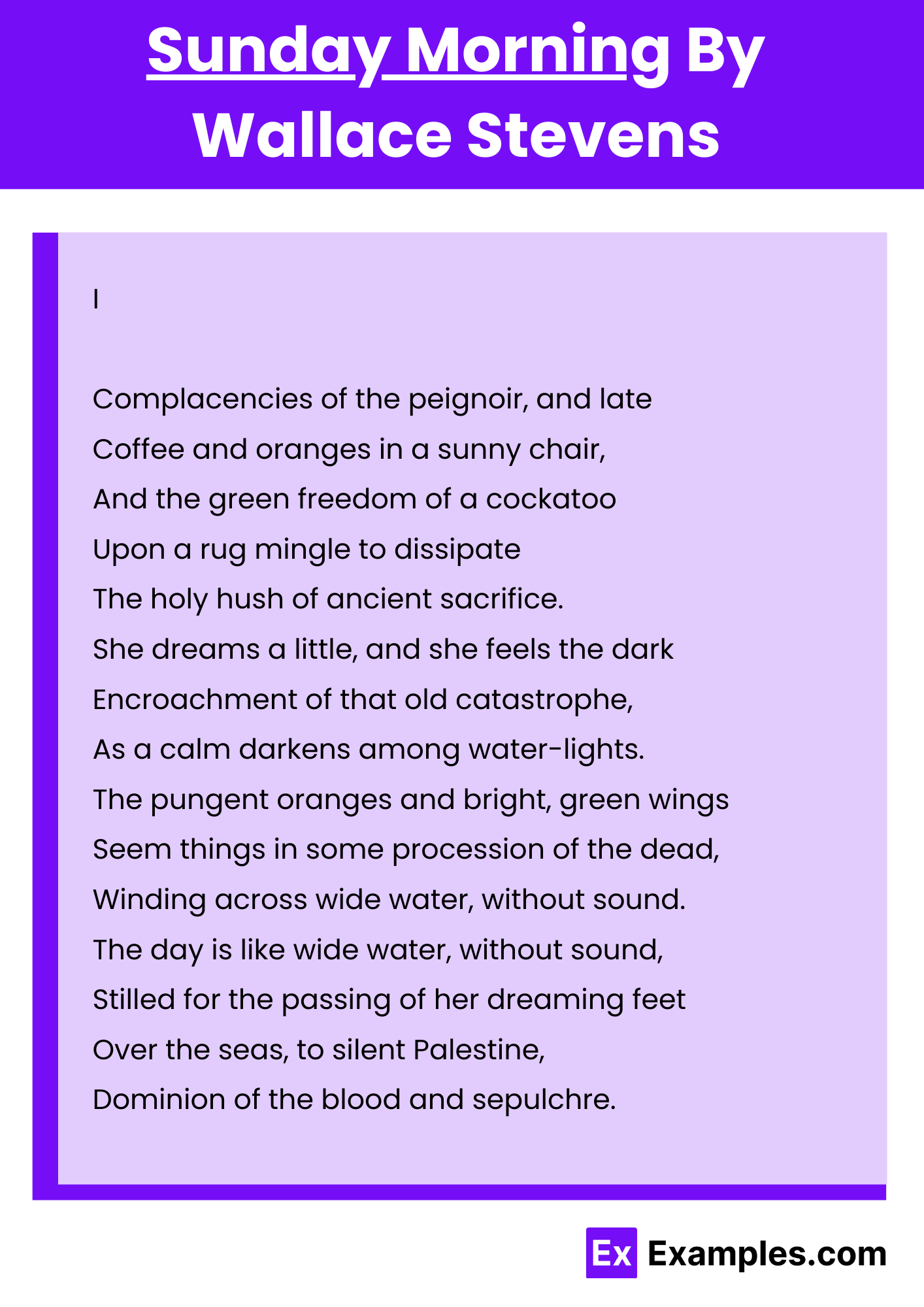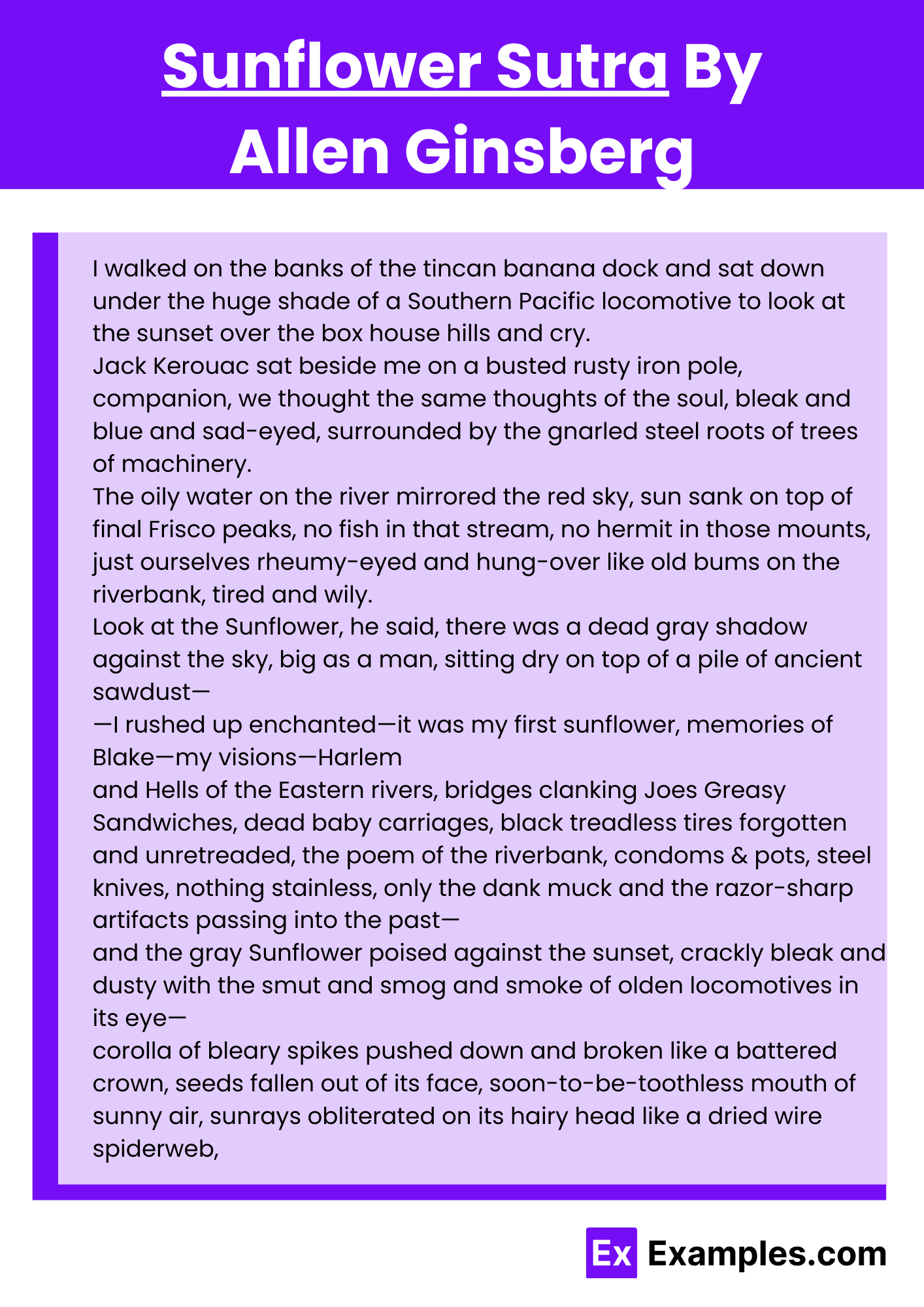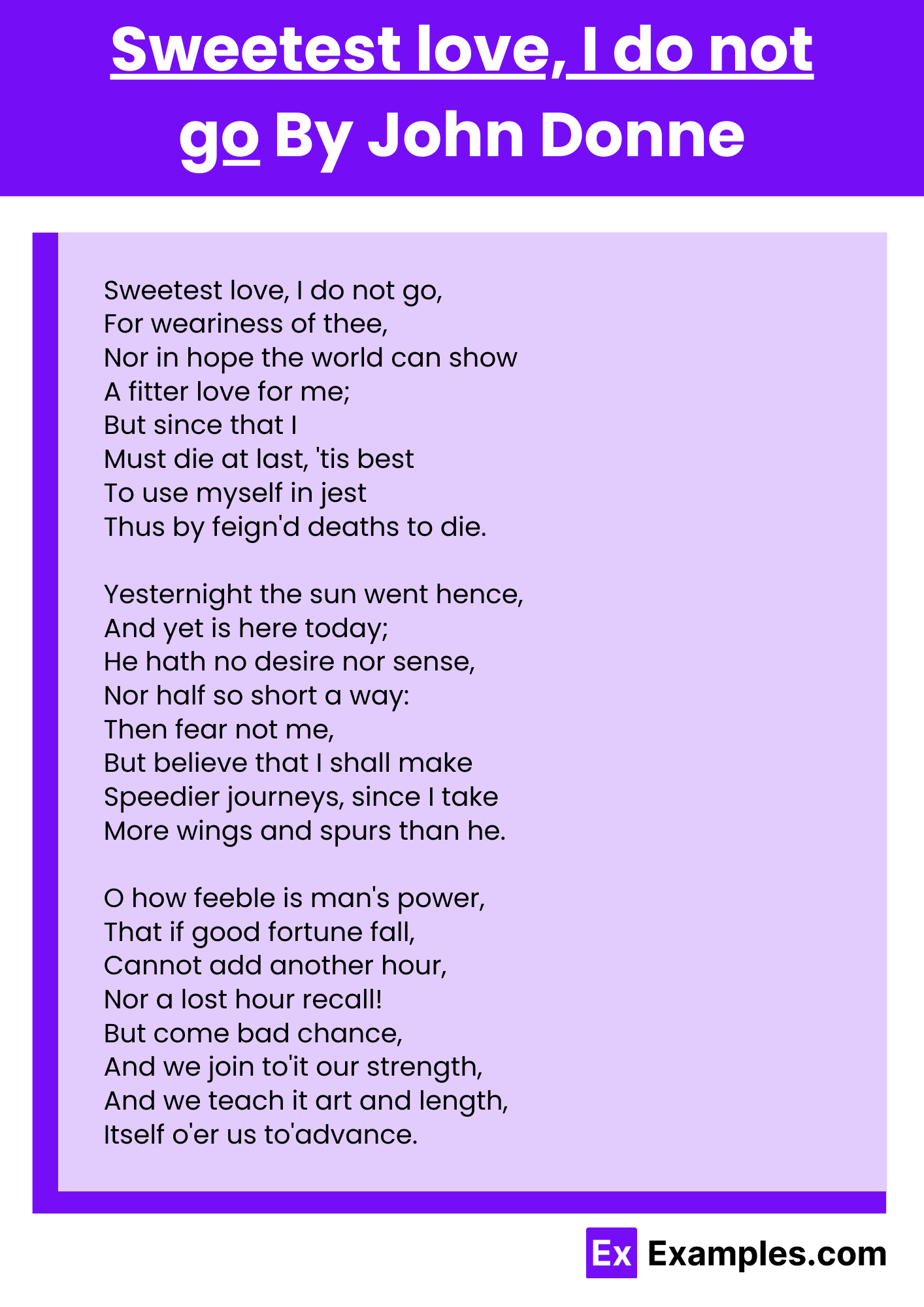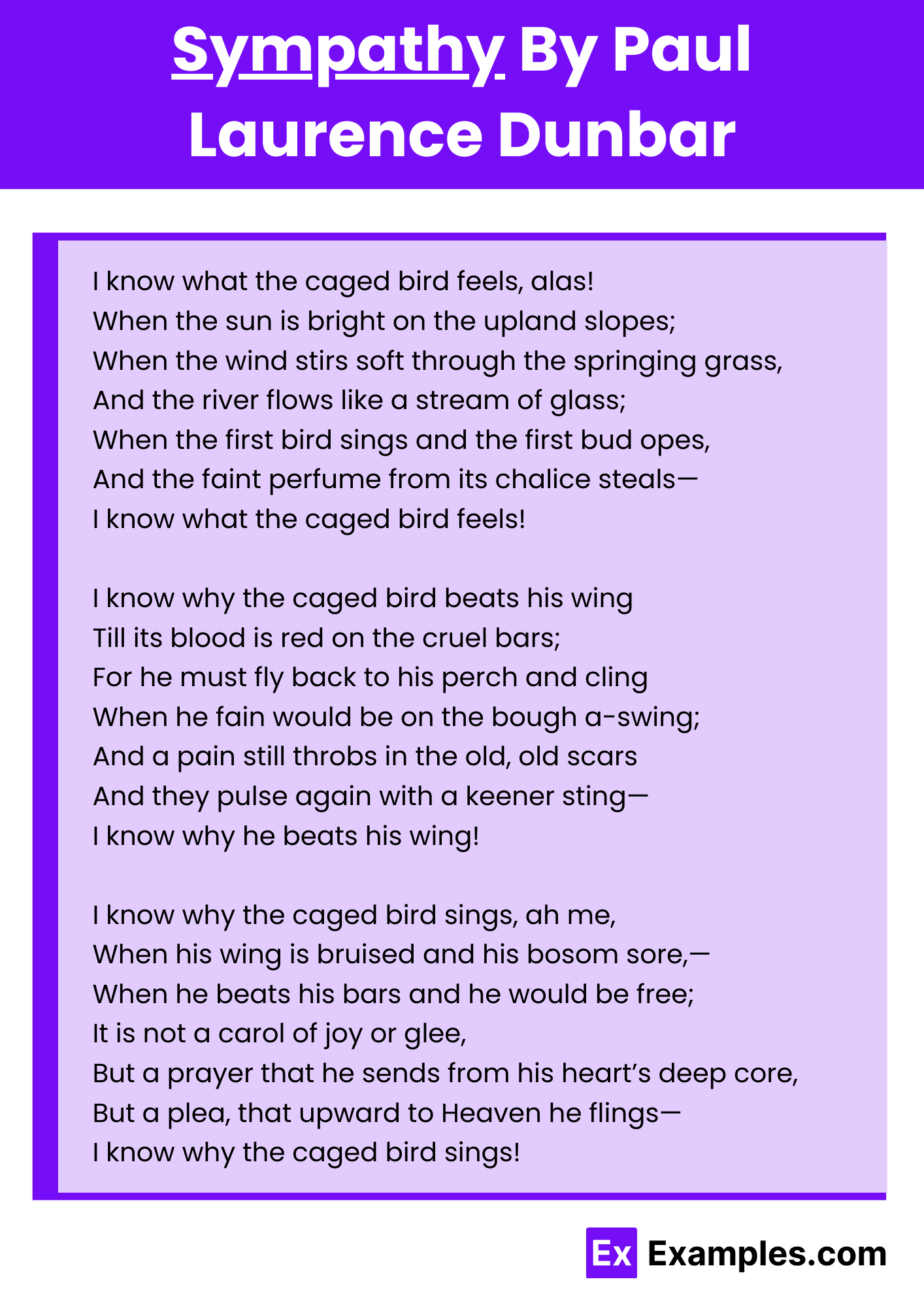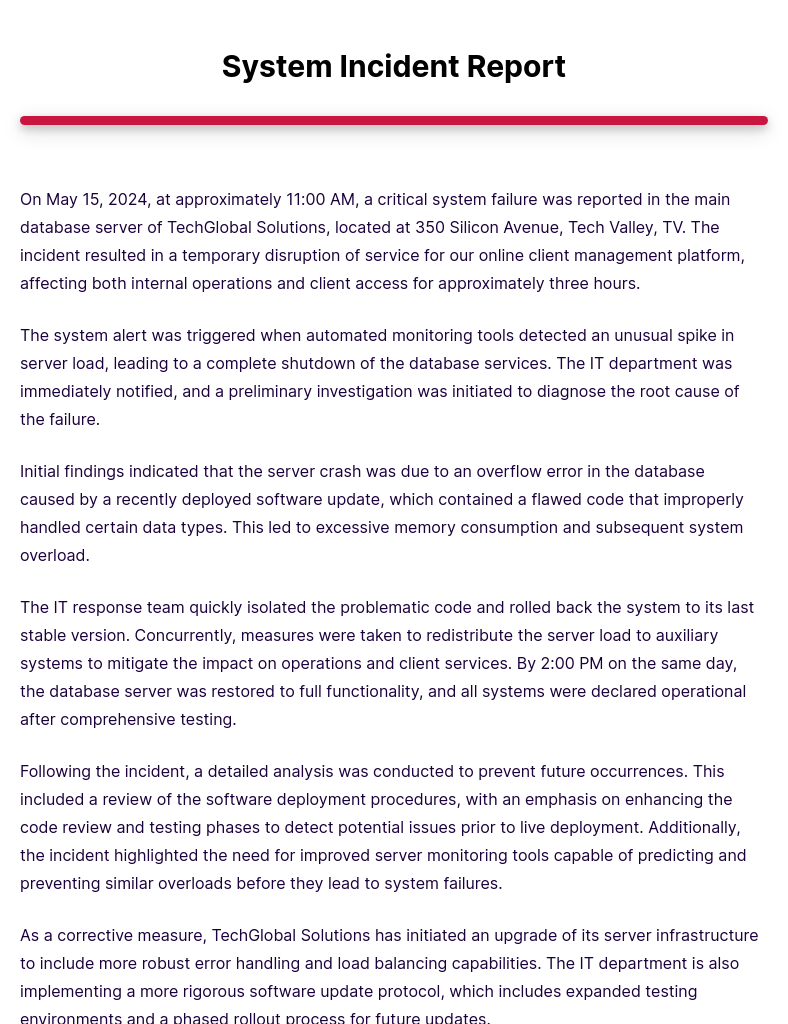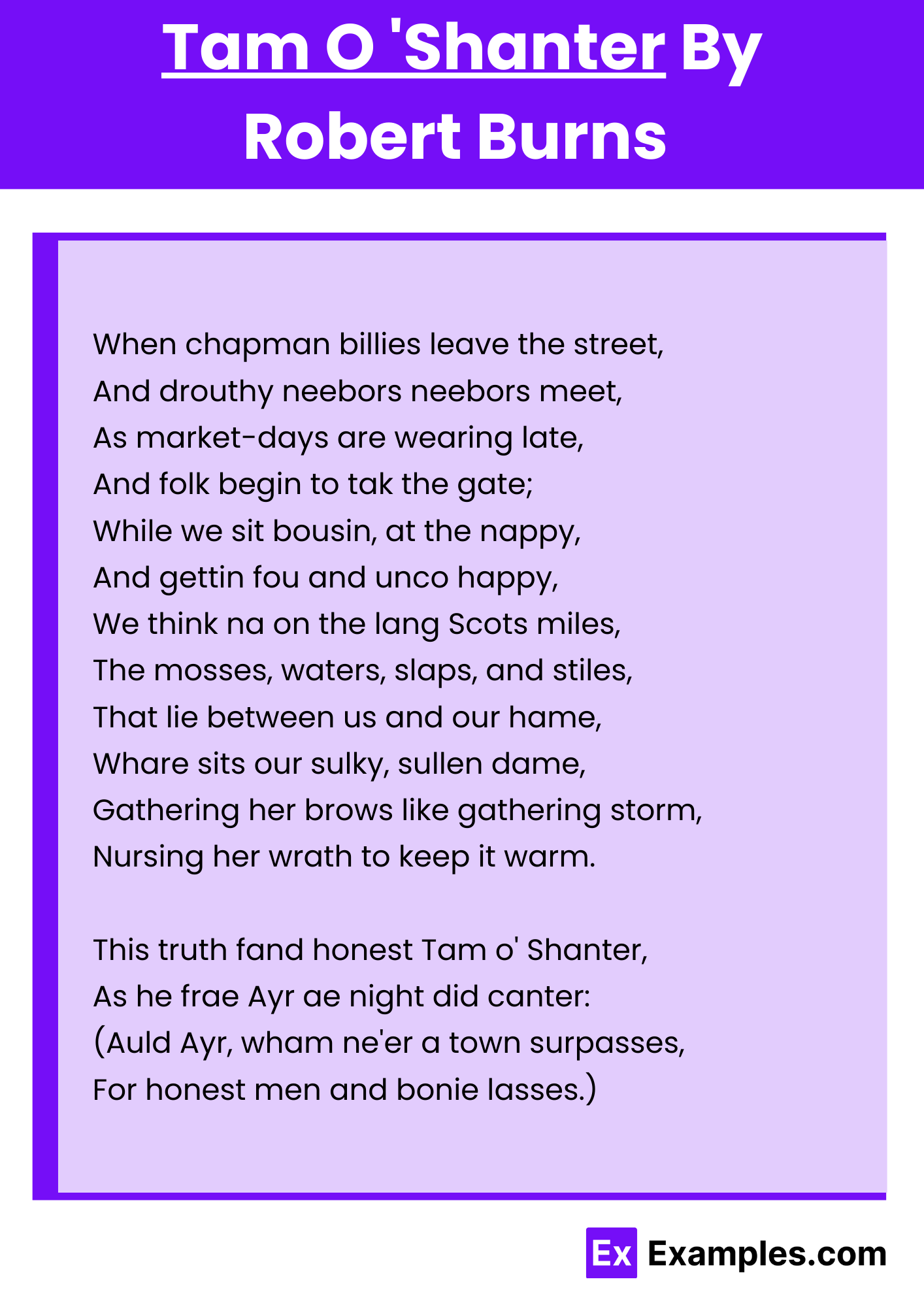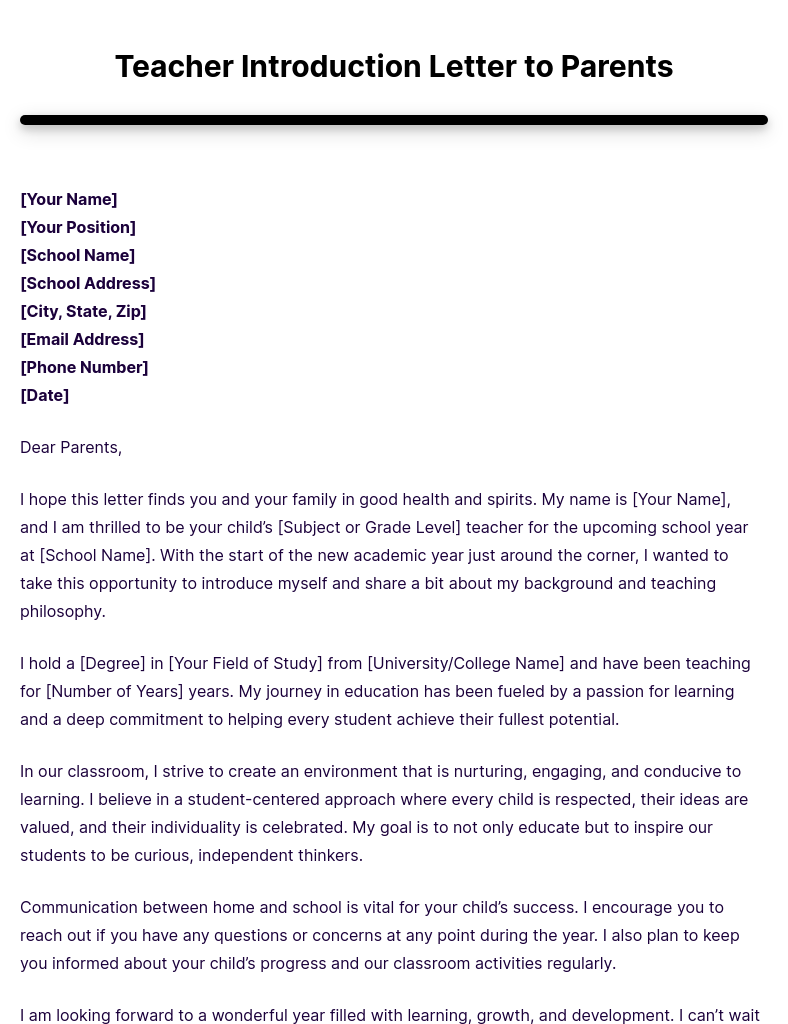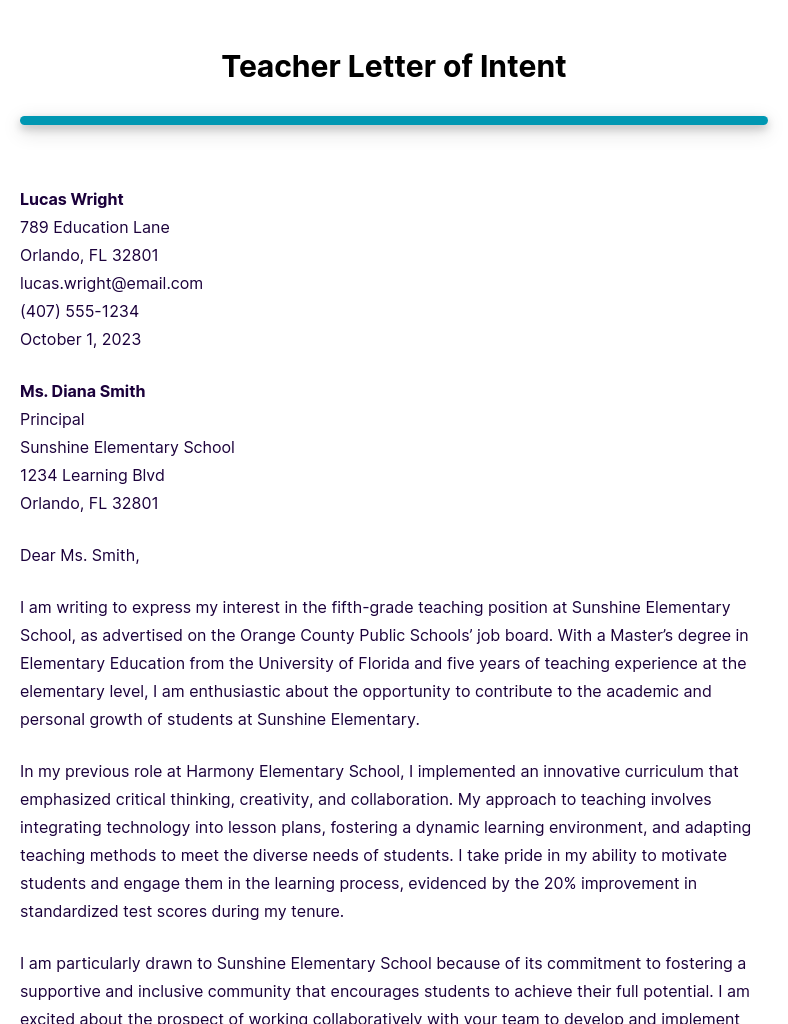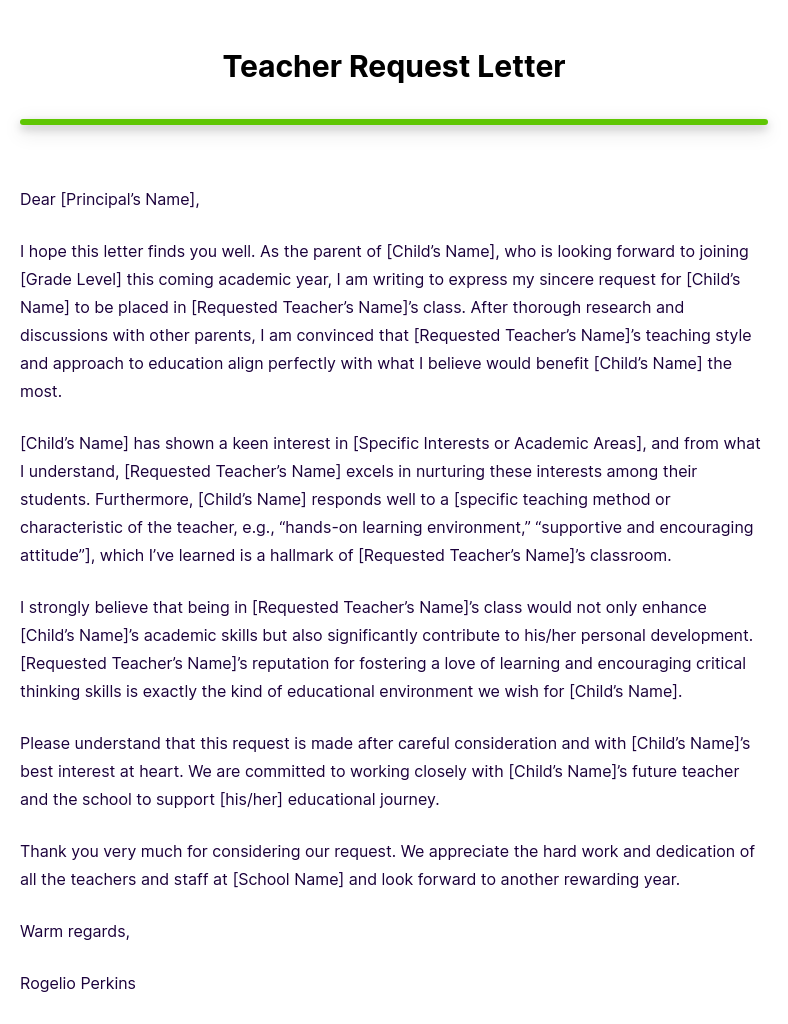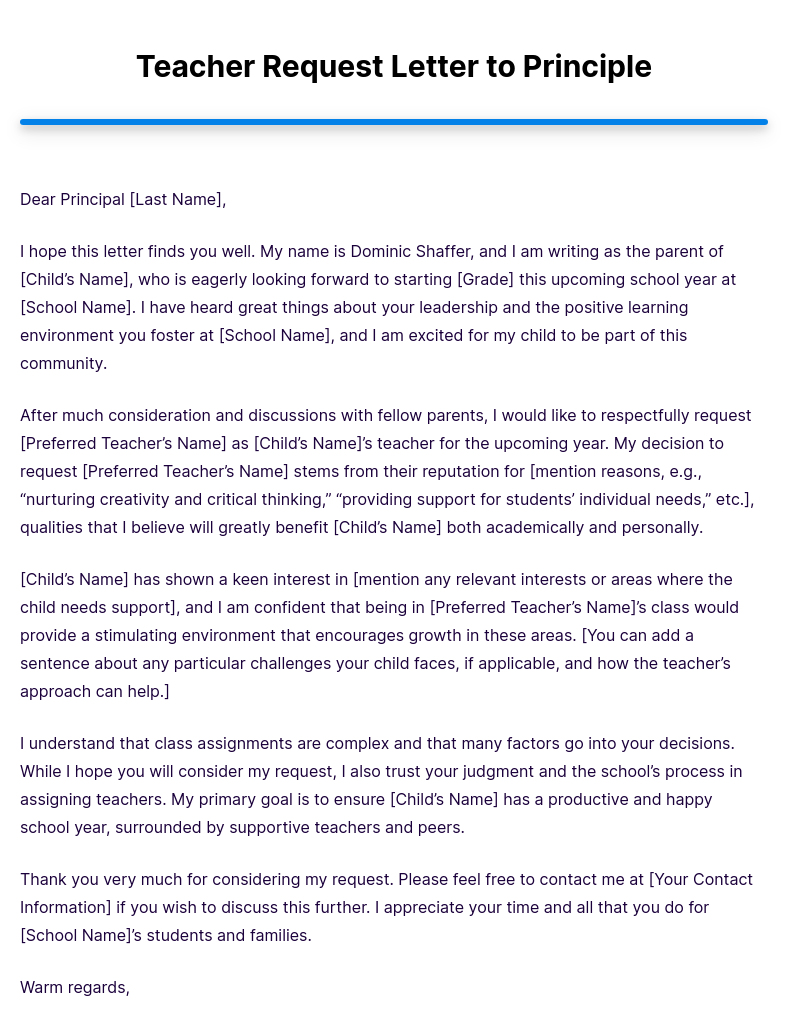![]()
Pearl Arnold
123 Oceanview Lane
Coastal City, CA 92101
pearl.arnold@email.com
February 16, 2024
Scholarship Selection Committee
Bright Future Scholars Foundation
456 Education Drive
Scholarship City, CA 92104
Dear Scholarship Selection Committee,
I am writing with great enthusiasm to apply for the Bright Future Scholars Foundation Scholarship. As a committed Environmental Science major at Coastal University, my dedication to environmental conservation and sustainability drives my academic and career aspirations. This scholarship presents an invaluable opportunity for me to advance my studies and contribute to meaningful environmental advocacy and research.
Currently, I am a junior with a GPA of 3.8, working towards my ambition of becoming an environmental researcher focused on sustainable agricultural practices. My academic achievements, coupled with my active participation in the university’s Environmental Club and the local community garden, underscore my dedication to my field of study and community engagement.
In the Environmental Club, I have taken on the role of project coordinator for several initiatives aimed at promoting sustainable living practices among students and local residents. These experiences have not only enriched my knowledge and skills in environmental science but have also allowed me to make tangible contributions to my community’s well-being. Moreover, I was honored to receive the Green Innovator Award from my university last year, recognizing my efforts in leading a successful campus-wide recycling program.
The financial support from the Bright Future Scholars Foundation would greatly alleviate the economic challenges my family faces in supporting my higher education. It would enable me to fully immerse myself in my studies and research projects without the constant worry of financial constraints.
I am deeply grateful for the committee’s consideration of my application for the Bright Future Scholars Foundation Scholarship. I am eager to leverage this opportunity to further my commitment to environmental science and make significant contributions to the field. I look forward to the possibility of joining the esteemed group of Bright Future Scholars and carrying forward the foundation’s mission of fostering sustainable futures.
Thank you for considering my application. I am hopeful for the opportunity to contribute to our collective environmental goals with the support of the Bright Future Scholars Foundation.
Sincerely,
Pearl Arnold



